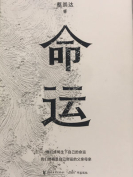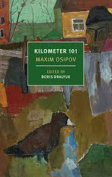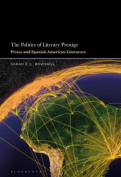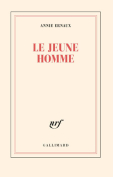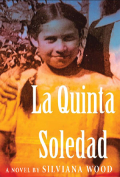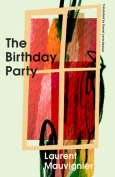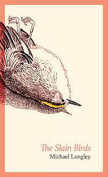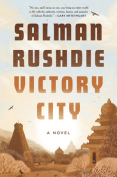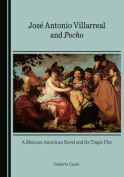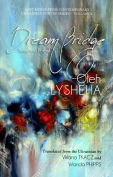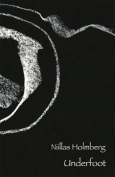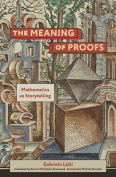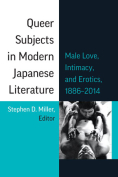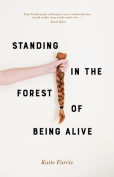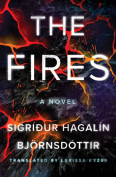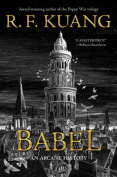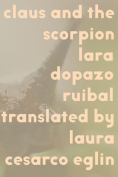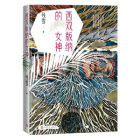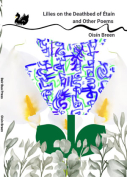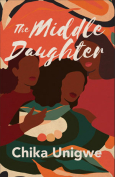Goddess of Sipsong Panna by Can Xue
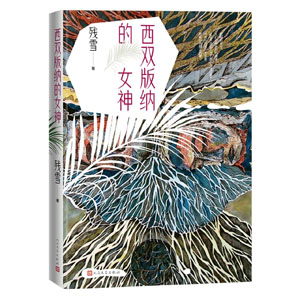 Beijing. People’s Literature Publishing House. 2022. 211 pages.
Beijing. People’s Literature Publishing House. 2022. 211 pages.
Goddess of Sipsong Panna is a collection of thirteen short stories by the much-acclaimed Chinese writer Can Xue (b. 1953). Set across a variety of real or surreal locations, from the tranquil grassland to the enchanting mulberry garden, and from a bleak and desolate coal mine located on the outskirts of a quaint, snow-covered town to the subterranean dugout beneath a tunneled city, each story sheds light on a distinct facet of a particular character’s inner world and personal journey.
The first of the thirteen stories, “Treasure Land,” features Lu Xiaoyuan, a young man from a coal miner’s family. He grew up in Snow City, a small town that was once the site of several coal mines. After his parents died in a mining accident, he had to make his own living. One night, Xiaoyuan is lured by a gentleman donning a black felt hat to venture into the long-abandoned mine. As he enters the mining area, he hears the clamor of people talking and shouting all around him, and he sees the burning flames in the stoves. The warmth of the air brings back memories of his deceased parents, particularly of the time when the mine was still in operation. Although the identity of the enigmatic gentleman is never revealed, he acts as a powerful catalyst that compels Xiaoyuan to take a journey of rediscovery. As he revisits both joyous and painful moments of the past, he finds a renewed sense of purpose to continue moving forward into the future.
The titular story, “Goddess of Sipsong Panna,” is about a man who goes to Sipsong Panna in search of a simpler way of life. However, he cannot tolerate living in the bungalow where ants, snails, and caterpillars crawl over the room and the roses in the front yard bloom profusely, filling the air with a sweet and strong fragrance. He moves to a high-rise apartment, but its concrete frame structure blocks out the living sights and sounds of nature. He is so lonely that he longs to move back to the bungalow, which is now occupied by a woman living with a ferocious black bear. Her presence piques everyone’s interest, spurring them to steal glances at her, but her face remains a mystery, always shrouded from their view. Enveloped in her powerful earthly aura, the young man comes to realize what it takes to live in Sipsong Panna, a land of fertility, growth, and abundance.
Can Xue’s gift for plunging into her characters’ souls and mining the truths about them is evident in other stories of the collection. “The Lion King” charts a path from the early stage of desire and infatuation to a love that transcends physicality and species through the eyes of a woman who decides to make her own life in the grasslands after encountering a handsome male lion. “Death Education” explores the initial encounter with death and its many nuances from the viewpoint of a young girl. In “Old Man and Cat in Fresh Produce Market,” readers may also sympathize with Papa Ma, an old man who lives a solitary life and suffers mistreatment at the hands of a similarly unhappy young man.
Can Xue is known for her vivid imagination and keen sense of fantasy, with a rapid, feverish ability to proceed from one plot to the next, much like a person traversing a dream or nightmare. Her collection of stories is a mesmerizing journey into the human psyche, with each story serving as an allegory of the self. Navigating the labyrinth of her writing may be challenging, but there is no denying that Can Xue is a singular and unforgettable voice in Chinese literature.
Laura Xie
Virginia Military Institute
